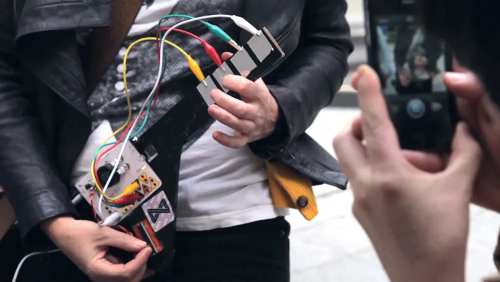#1 Unimaginable design
By June Trondsen & Casper Boks
Did you know that there are 5000 euphemisms or slang terms for menstruation? That toilet paper first was made with hemp and sold to fight off hemorrhoids. Or that the deodorant industry has grown to an astonishing $18 billion in just 100 years? Have you ever wondered why it is impolite to put your elbows on the table? Why we use cutlery instead of our hands to eat? Or why we desire to smell like notes of jasmine, saffron, and cedar?
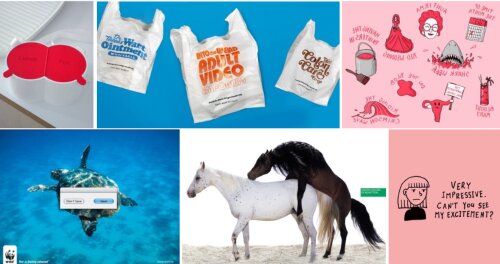
These and other curiosities serve as a starting point for a one-week workshop exploring how stories about shame get intertwined with everyday products and behaviors. During this workshop, students will become familiar with self-conscious emotions such as shame, guilt, and embarrassment, how they are embedded in our culture, and take part in our social life. We will investigate how these emotions present both positive and negative experiences and take shape through social concepts such as guilty pleasures, cringe, morbid curiosity, and satire, ultimately narrating stories about right and wrong, good and bad. When designing products and services, emphasizing shame in subtle or explicit ways can affect how we act and feel about certain topics. Such design interventions can play a role in many contexts: supporting healthy practices, counteracting unsustainable behaviors, or criticizing social injustice.
With the focus on mundane everyday products, the participants will explore design through concepts of shame and norm-critical perspectives. Working in groups the students will be introduced to various design tools that have been developed to explore the role of shame in design, to identify norms, question conventions, and spur creativity beyond the limitations of shame. The goal of the workshop is to develop design concepts that can challenge the status quo and engage with moral storylines through a reflexive, critical, and fun design process. The end results are presented in a mini exhibition of the student's “unimaginable design” concepts.
#2 Design a roof that generates our food in an urban setting
By Ina Dijstelbloem & Steven Genbrugge
During this workshop we will work on solutions for the climate crisis. We will focus on our food in the urban setting. As real anthropologists we will see through the eyes of the Antwerp citizens and know what is really needed. It will pull us out of our thinking habits and give us a broader way of doing research which will help us as (future) designers. Then we will start developing concepts and go through a process of communicating them in a way that will resonate with influencers. The inspirational tools (TXT, 2D and 3D) we use should be as simple as possible. Storytelling starts with a good idea, not with the amount of material resources. When your idea is good, your story will come and they will listen.
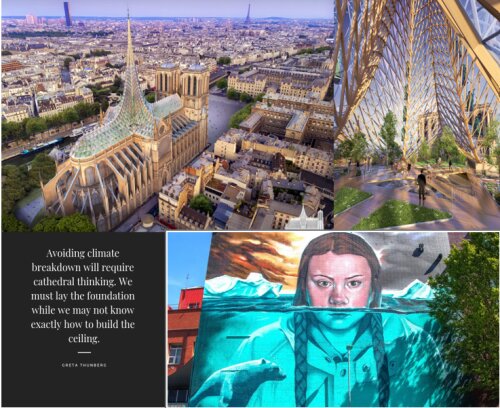
#3 Building light structures
By Gert Verheule
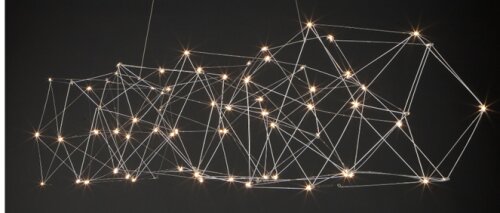
Domes, zomes, dodecahedrons, icosahedrons, buckyballs, 3D structural grids, lattice structures… These meshed type structures are basically made of straight lines of specific length connected at specific angles.
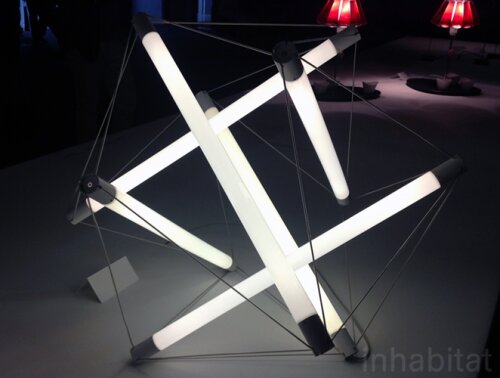
In this workshop we will make meshed structures that incorporate light sources/lamps/leds…How will you integrate your light points into your structure? How will you connect your rods, sticks, bars, …?
Is your structure going to be self supporting/hanging/standing…? How will you power your light source? Will you play with reflectance, Light intensity, change of colour… ?
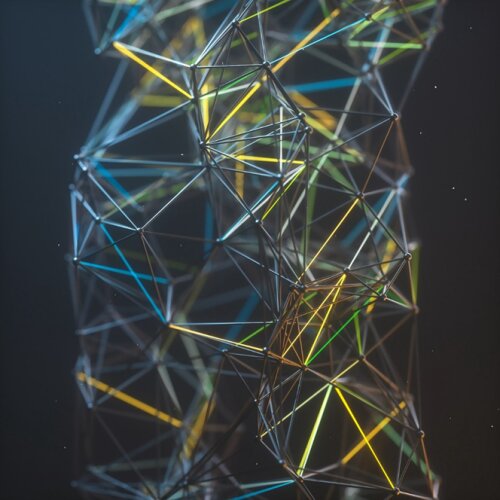
#4 Formula H2O - Electric powerboat series
By Bart Verleije
Are you ready to push your design skills to the limit and create a revolutionary electric powerboat for the Formula H2O competition? As a team, you will have the unique opportunity to showcase your talent and creativity as you design a boat that will race through some of the world's most iconic rivers.
The competition provides the driveline, but the key to success is in the aerodynamics of your design. Utilizing the Airshaper online simulation platform, you'll have the chance to virtually test and optimize the performance of your designs, with the goal of creating a boat that generates the least amount of air resistance and drag. Each team will have four simulation runs to perfect the aerodynamic aspects of their boat's chassis.
But that's not all - you'll also need to ensure proper cooling for the battery compartment and safety for the driver from potential hazards such as birds and floating debris. The safety aspect of the design must be as aerodynamic as possible, while still minimizing damage to the driver in dangerous situations. The boat will be primarily constructed with carbon fiber parts, which must be taken into account when designing the boat. Voxdale engineers will be available to consult on production and material-related matters.
Don't forget, the team's success also depends on the support of sponsors. With Voxdale as the main sponsor, as well as UAntwerp and Formula H2O logos, the overall appearance of the boat should be as attractive as possible to enhance the sponsors' image. Make sure the logos are prominently displayed on the boat as it will be one of their main marketing tools. Are you ready to tackle this exciting and challenging project? Rev up your engines and let's design the ultimate electric powerboat!

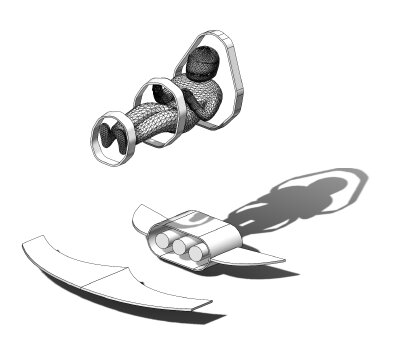
#5 Spicing up Cumulus Antwerp 2023
By Hilde Van Dyck & Kristof Vaes
Cumulus is an association that groups 360 design schools from around 80 countries, and yes, this international network will descend on our faculty in a few months' time. How can we make the Cumulus Antwerp 2023 conference a truly memorable experience? This workshop focuses on the experience of the conference. The central theme of our conference is Connectivity and Creativity in Times of Conflict (C3) and will take place between the 12th and 15th of April 2023. The conference is organized by the Faculty of Design Sciences of the University of Antwerp in close cooperation with the Royal Academy of Fine Arts. More info can be found on our website: https://www.uantwerpen.be/en/conferences/cumulus/
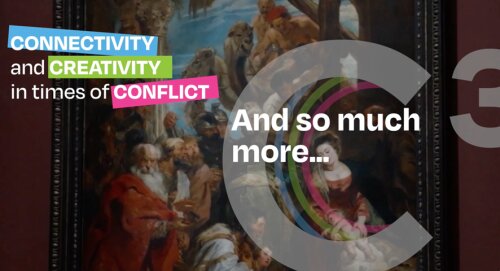
During the workshop, we will take you through the whole event experience and invite you to design memorable experiences for the different visitors of the event (paper presenter, Cumulus board members, keynote speakers, students, etc.). The aim of this workshop is to enhance the visitor experience and add our local touch. Think of creating a networking game during the coffee break, visual projections, outdoor banners, tote bags, presentation templates, engaging 'where is what' maps and other visual or sensory elements.
We expect a hand-on approach! It would be great if we could build and/or design graphic elements for the event by the end of the week. Nice to know…we can work and experiment in the different conference locations ;-)
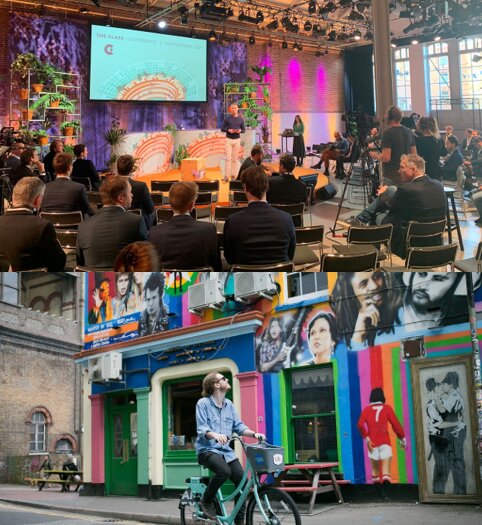
The workshop is specifically looking for:
- Creative user experience designers who focus on community building and designing for memory.
- Students with knowledge of and skills in creating/editing graphics.
- Students with a hands-on attitude who like to challenge how an event should be experienced.
- Students who might feel like participating in our conference as volunteers or job students themselves after this workshop.
#6 Intuitive sketching for creativity and expression
By JanWillem Hoftijzer
It is the combination and synergy between technology, human values and creativity that characterizes ‘design’. The visual language of ‘design sketching’ helps designers and stakeholders to create, develop, reflect, negotiate, communicate and convince. This workshop is about design sketching and utilizing the creativity that is in all of us. It will help you to – based on common sketching knowledge – feel free to sketch everything you want and have in mind. At the same time, these techniques will help you imagine new ideas, forms and solutions.The workshop concerns a range of creativity techniques, using different sketching and visualisation approaches, in close relation to specific design sprints and cases.
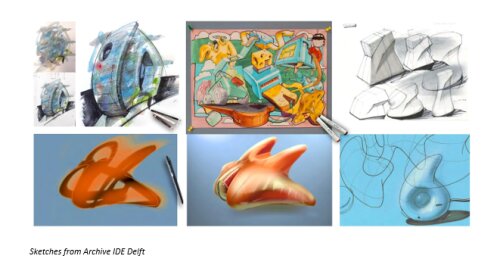
Please bring all of your sketching tools, and (preferably) your drawing tablet.
#7 New building – New opportunities!
By Elke Mestdagh & Benoît Poncin
Make the new building your home.
We are finally moving into our new building, an exciting time! Years ago, we formulated a set of requirements and wishes for our new home, always considering your needs and expectations as a student. But does the building effectively meet these? Or are there things that could be improved?
In addition, our new home also needs some decoration. How can we make the building cozy and attractive with simple interventions? How can we show the outside world who we are and what we do? Who are the residents and what do they do?
We will map all this out together. We will start by detecting opportunities, select things to tackle together, and during the week we will design several concepts that we can integrate into our building in the future. And all from a student perspective. We will work with graphics, videos and (3D) sketches. If necessary, we will make a small model to present the concept and the different ideas at the exhibition at the end of the project week.
Finally, we will document the course of the project week. We will take pictures, make videos, and interview people to share via Instagram.
The workshop is specifically looking for:
- Creative user experience designers who focus on community building and well-being.
- Students with knowledge of and skills in creating/editing graphics (or wanting to learn more about this)
- Students with interest in social media and storytelling.
- Students with a hands-on attitude
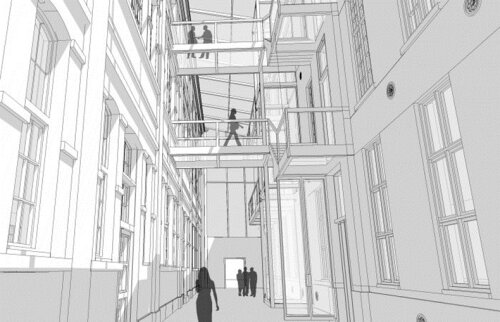
#8 We all play: designing for the future of play
By Elise Coudré
We all play. Young, old, here or on the other side of the world. Play and toys teach us a series of competences. Playing is vital for improving problem solving, boosting creativity and fostering relationships. Play brings joy. Play is wellness. Speelgoedmuseum Mechelen aims to not only bring a big audience into contact with games, toys and the culture of playing, but also to have this audience (re)discover and experience the joy and value of play and playful behaviour themselves. In order to accomplish this mission, an investigating approach towards play is necessary.
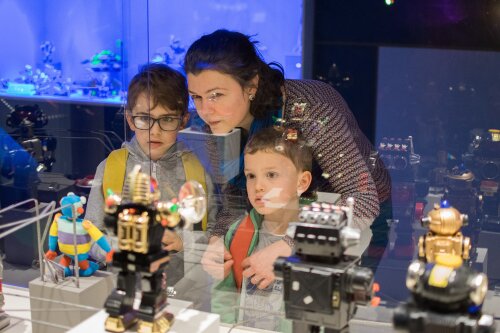
During the scope of this workshop, students will be invited to be critical towards toys and games. We will play and test different game concepts that focus on a variety of principles and shed a light on all aspects of play while experiencing them first-hand. We’ll pay extra attention to questions that rise and remarks that are made. Through those findings the students will define speculative what-if scenarios. Then they’ll bundle their thoughts and skills and get their hands to work. Together the students will create an interactive game installation that raises questions. The goal is to get serious about play, its social and cultural value, but with a very lighthearted and playful approach and... with a tangible result (that might end up in our new museum concept).
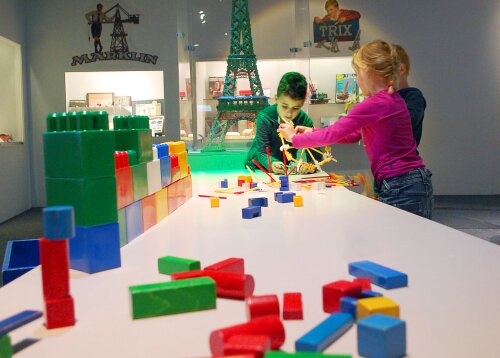
#9 Sense of community
By Tom Delaey & Leonie Delaey
… what is a community? (characteristics)
… what/who defines the borders of the community? (… a priory not inclusive? )
… scale of a community? (in a metropole, on the countryside, in a social group, community of practice (professional), religion …)
… sense of “belonging”
… sense of “purpose”
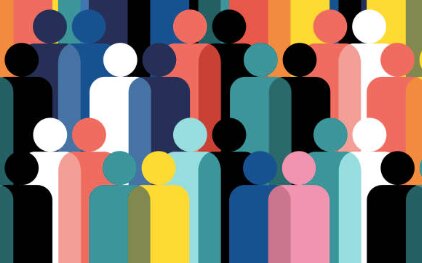
“How do we take care of each other?”
Exciting changes in our society, like growing diversity and social media, confront us with new challenges and opportunities. How can we strengthen the sense of belonging and stimulate “the art of being together”? Can our public spaces, public events and houses of culture create an environment where people re-discover, and cherish “being together”? Where diversity is feeding our hunger for discovery. Where the similarities are celebrated more than the differences. Where dialogue is stimulated, and results in sympathy, empathy and shared objectives. Can we make these environments engaging and attractive to all? Together we will explore how we can create and propose interventions to contribute to this social
transformation.
You will learn how to apply your design thinking to societal issues, in co-creation with stakeholders, proposing smart coalitions. You will formulate a provoking statement about the desired/preferable or even preventable future (3rd horizon), by writing a triggering/inspiring news flash, set in the future, maybe enriched with visuals (using AI ?). You will model, test or act your proposed interventions and record it, to show on the exhibition at the end of the week.
#10 NEW TYPES OF MOBILITY
By Boris Fabris
At the end of the workshop the students will know each step of the development of new mobility vehicle project and have acquired the ability make sketch concepts and to move it in the real automotive package considering all aspects about new types of mobility.
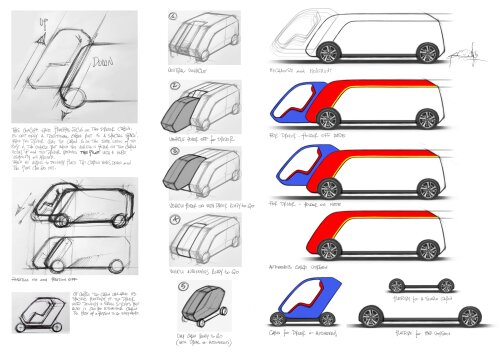
I will touch the theme of mobility design with different approach from usual approach: I will give lessons and explanations on the development of project for a new vehicle from the idea to the sketch and from the sketch to the real vehicle that will be produced in series. Really important is to understand the fundamental relationship between style and function and I'll show you how to make concept sketches manually because although today is using 3D programs have the knowledge of the sections and profiles is crucial for the perception of the object as a whole.
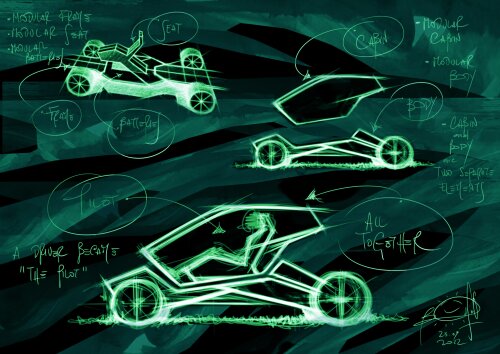
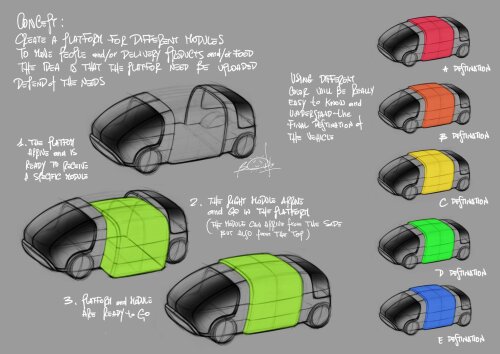
#11 Future Shock Orchestra
By Valerio Lorenzoni, Chiara Percivati, Toon Chaerle & Pascal Roobrouck
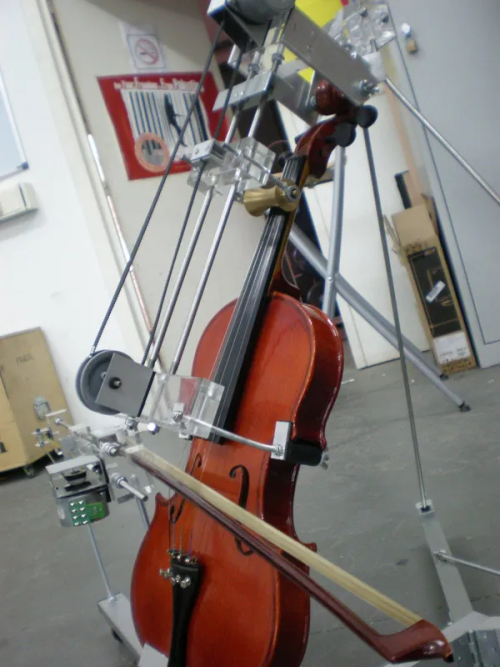
In this workshop we will explore and construct music instruments by using electronics kits (arduino etc). The intention is to create a next generation of instruments that might assist/improve the capabilities of the players (augmented instruments). The tutors have experience with various aspects of this type of augmentation and will assist/guide you with making these. Furthermore, this workshop will run in conjunction with a team of students from the Conservatoire (NextDoors festival), to be will blend into one multidisciplinary group… And you can imagine that it will end with a concert/performance on Friday!
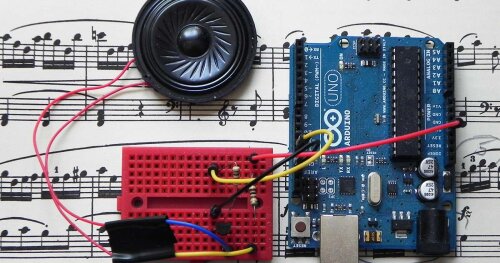
The title of the workshop the original book from Alvin Toffler (1970): the future is here, and we need to make sense of the information age. At the same time, it also refers to Herbie Hancock’s quintessential album that fuses contemporary and traditional jazz in a pop format. We will revisit such interpretations and similar concepts to present-day tradition in musical performance.
For this we need motivated product development students:
- You have finished the course “Electronische aspecten van Productontwikkeling” or have otherwise gained experience with arduinokits
- You can play an instrument/like making music and are keen to connect to musicians.
